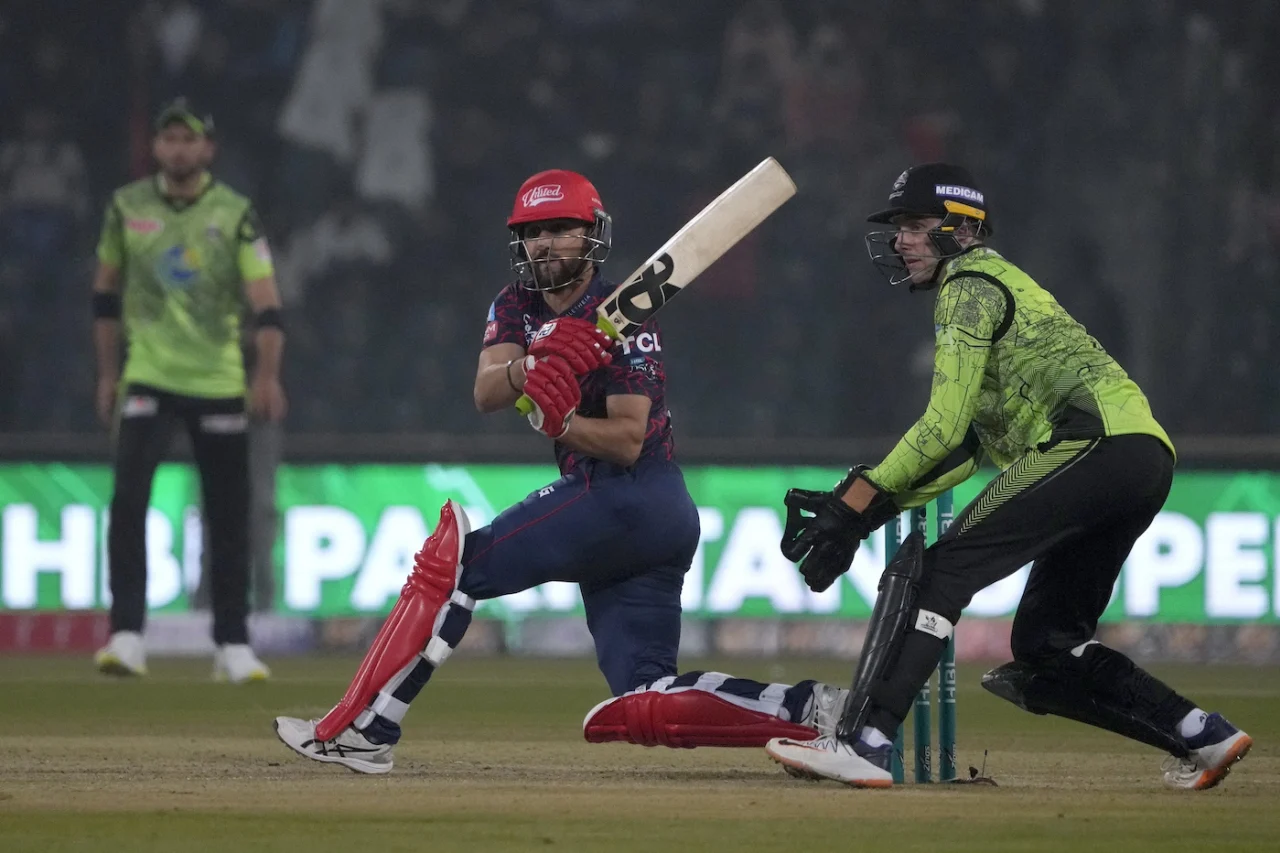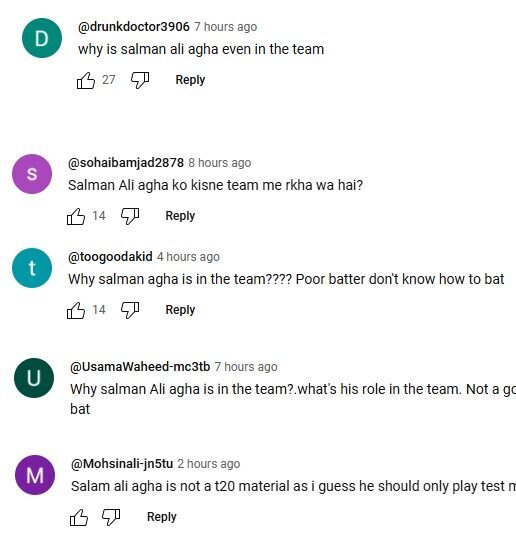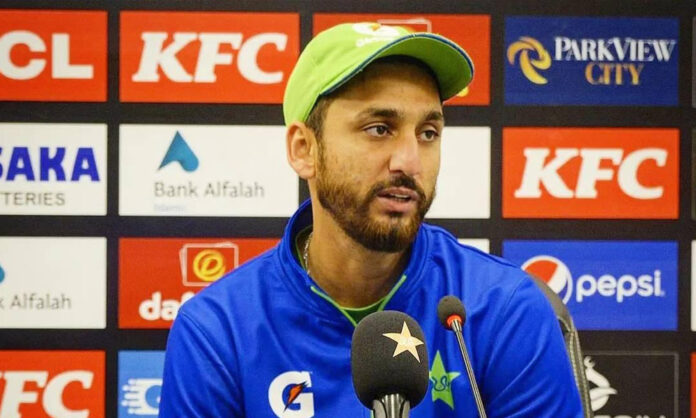Salman Ali Agha, a name that has steadily risen in Pakistan’s cricketing circles, has recently found himself in the crosshairs of an orchestrated smear campaign. Appointed as the vice-captain of Pakistan’s white-ball team on October 27, 2024, following Mohammad Rizwan’s elevation to captaincy, Salman’s leadership credentials are now being under scrutiny.
Why PCB Trusted Him?
Salman’s appointment as vice-captain was largely rooted in his exceptional performances in Test cricket, where he showcased a sharp cricketing intellect, unwavering fighting spirit, and natural leadership qualities.
Despite never having played an international T20 match before his appointment as vice-captain, Salman stepped into the role with determination, making his debut during Pakistan’s tour of Australia last month. While this decision by the PCB may raise eyebrows, it highlights the trust placed in his leadership potential and overall cricketing acumen.
His domestic T20 record — 80 matches, 1105 runs at an average of 18.72 and a strike rate of 116.68 — might not immediately justify a leadership role in the format. However, his value as an all-rounder is undeniable, with 38 wickets at an impressive bowling average of 22.71.

In addition, Salman demonstrated glimpses of T20 brilliance in the most recent Pakistan Super League (PSL) season. Representing Islamabad United, the eventual champions, he scored 310 runs in 12 games at an average of 31 and an excellent strike rate of 140.27. This performance underscored his ability to adapt and thrive in the shortest format of the game.
Criticism of the PCB’s decision to base a T20I vice-captaincy on Test cricket credentials is a fair discussion. However, the backlash directed at Salman Ali Agha is misdirected. He didn’t campaign for the role; it was a responsibility entrusted to him. He simply accepted the opportunity with the determination to prove his mettle.
The Smear Campaign
After leading Pakistan to victory in the first match of the T20I series against Zimbabwe—his first series as a full-time captain with captain Rizwan resting in this series, Salman should have been commended for his performance. Instead, a wave of negative comments emerged online, questioning his abilities and his position in the T20 team.
A deeper look reveals an alarming pattern. Many of these comments come from newly created social media profiles with little to no activity, suggesting a coordinated campaign. Comments such as “Salman doesn’t deserve to be in the T20 team” or “Why was he even appointed vice-captain?” lack substance and context, clearly aimed at tarnishing his image.

Paid PR or Genuine Criticism?
This is not the first time a leadership candidate in Pakistan cricket has faced a sudden online attack. Shan Masood experienced a similar wave of criticism after being named red-ball captain. The timing and nature of these campaigns point to something more than just passionate fan reactions—it feels like a deliberate effort to undermine these players.
Whether it’s a paid PR campaign or agenda-driven criticism, these attacks divert attention from actual performance and progress on the field. Salman’s rise and the opportunities given to him are the result of his hard work and the trust placed in him by the PCB.
Read More: Why Pakistan’s Youngsters Struggle Internationally Compared to India?
If there is a critique to be made, it should be directed at the PCB’s decision-making process. Appointing a T20I vice-captain based on Test cricket success is unconventional and invites debate.
However, this debate should focus on the decision-makers, not the players who are doing their best to fulfil their roles. As cricket fans, we should evaluate players on their performance and potential rather than succumbing to narratives set by questionable online campaigns.
Stay tuned to Brandsynario for the latest news and updates.





































